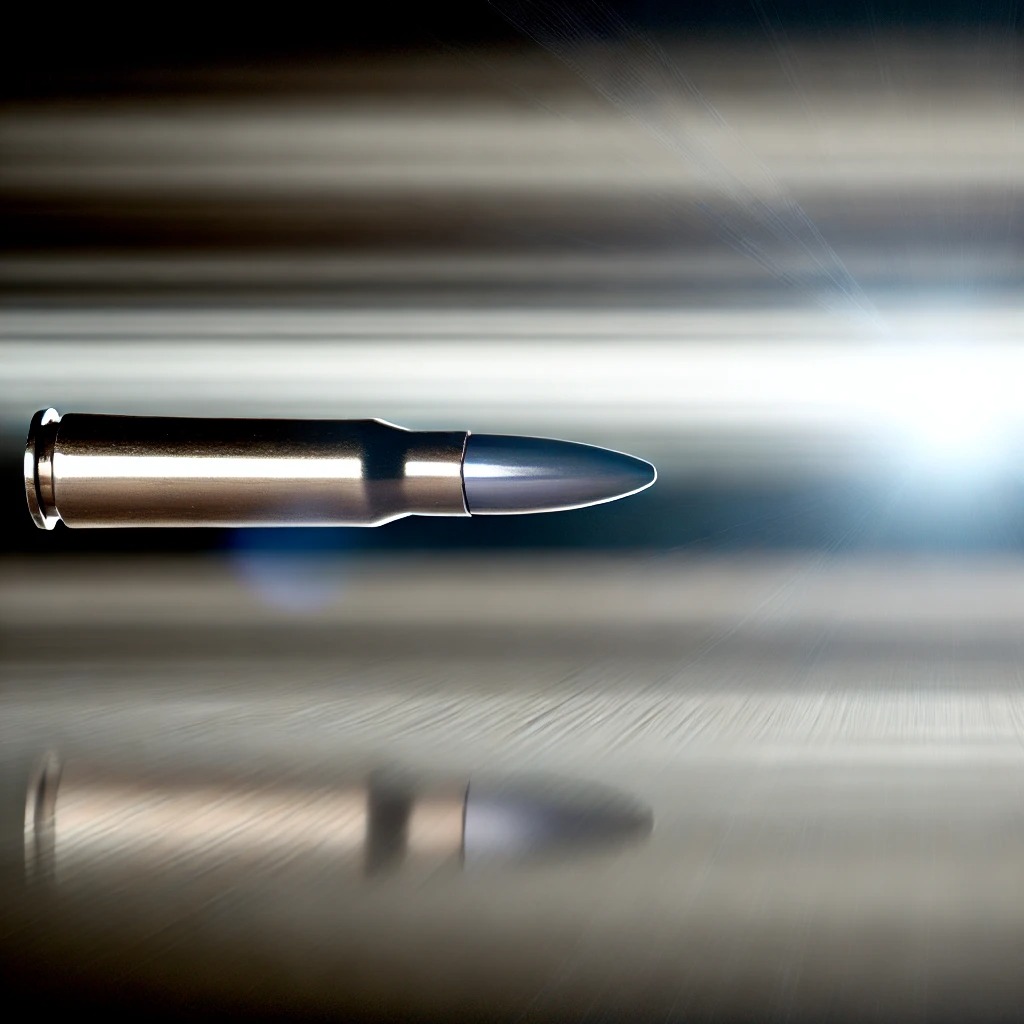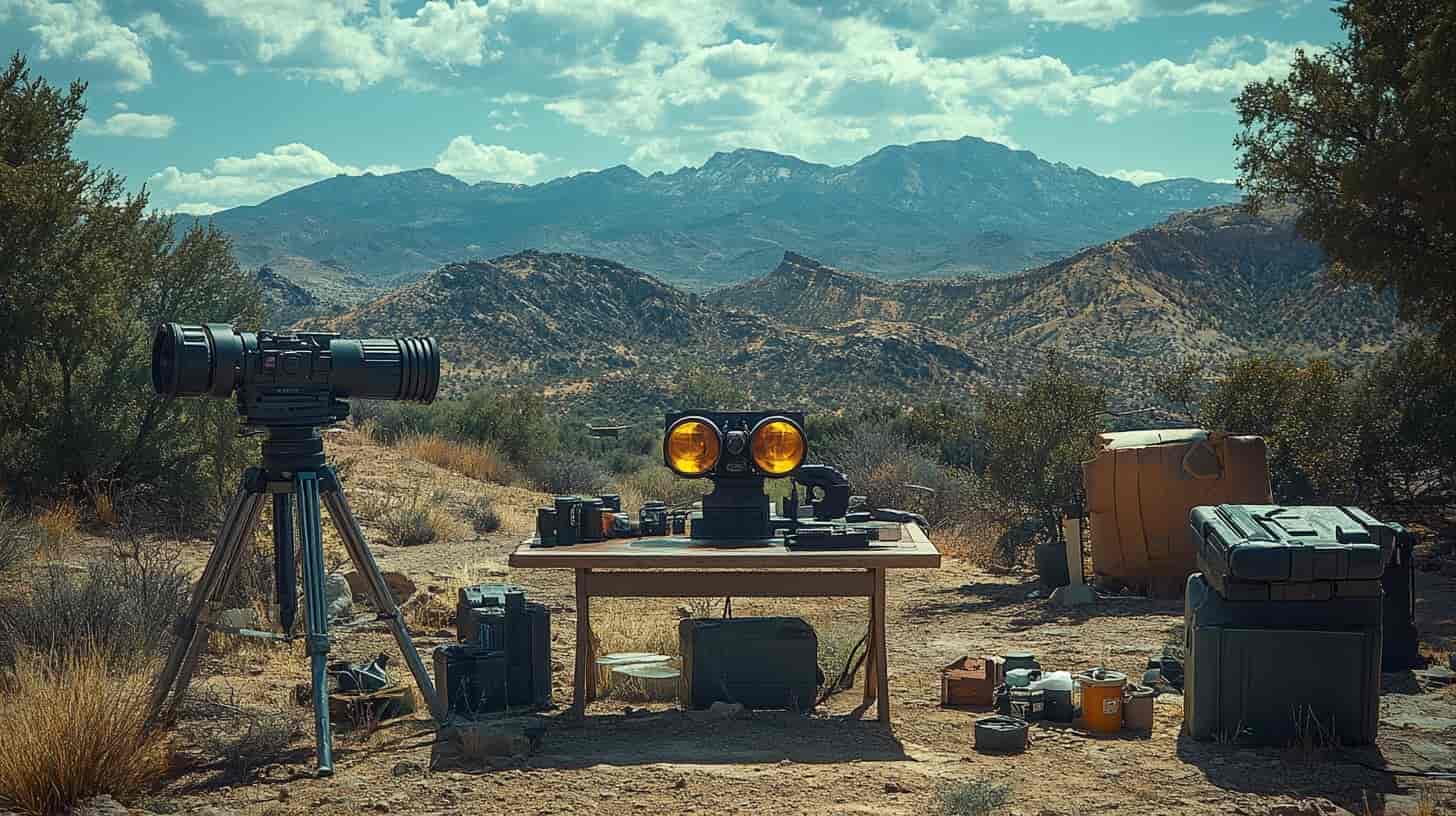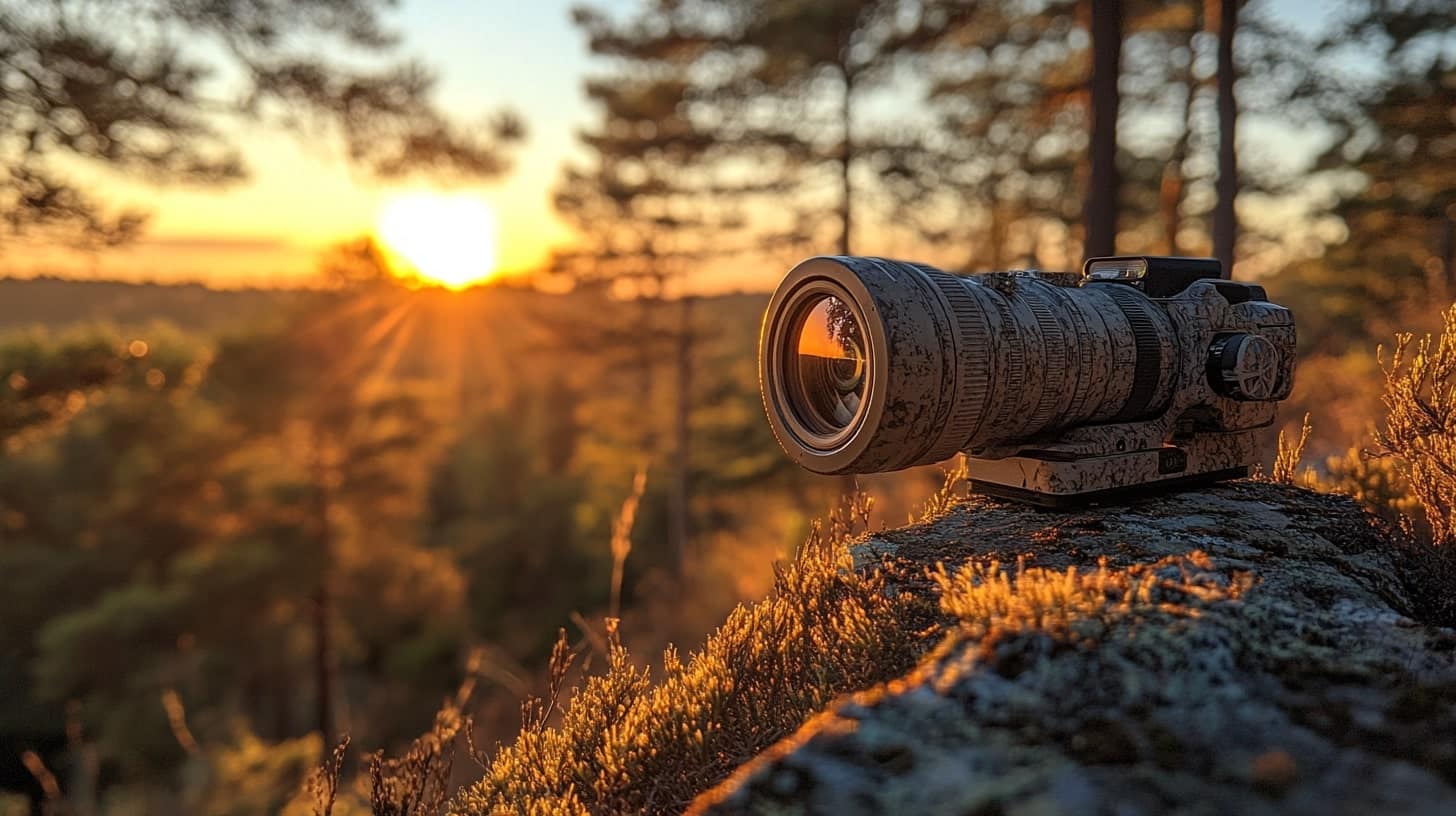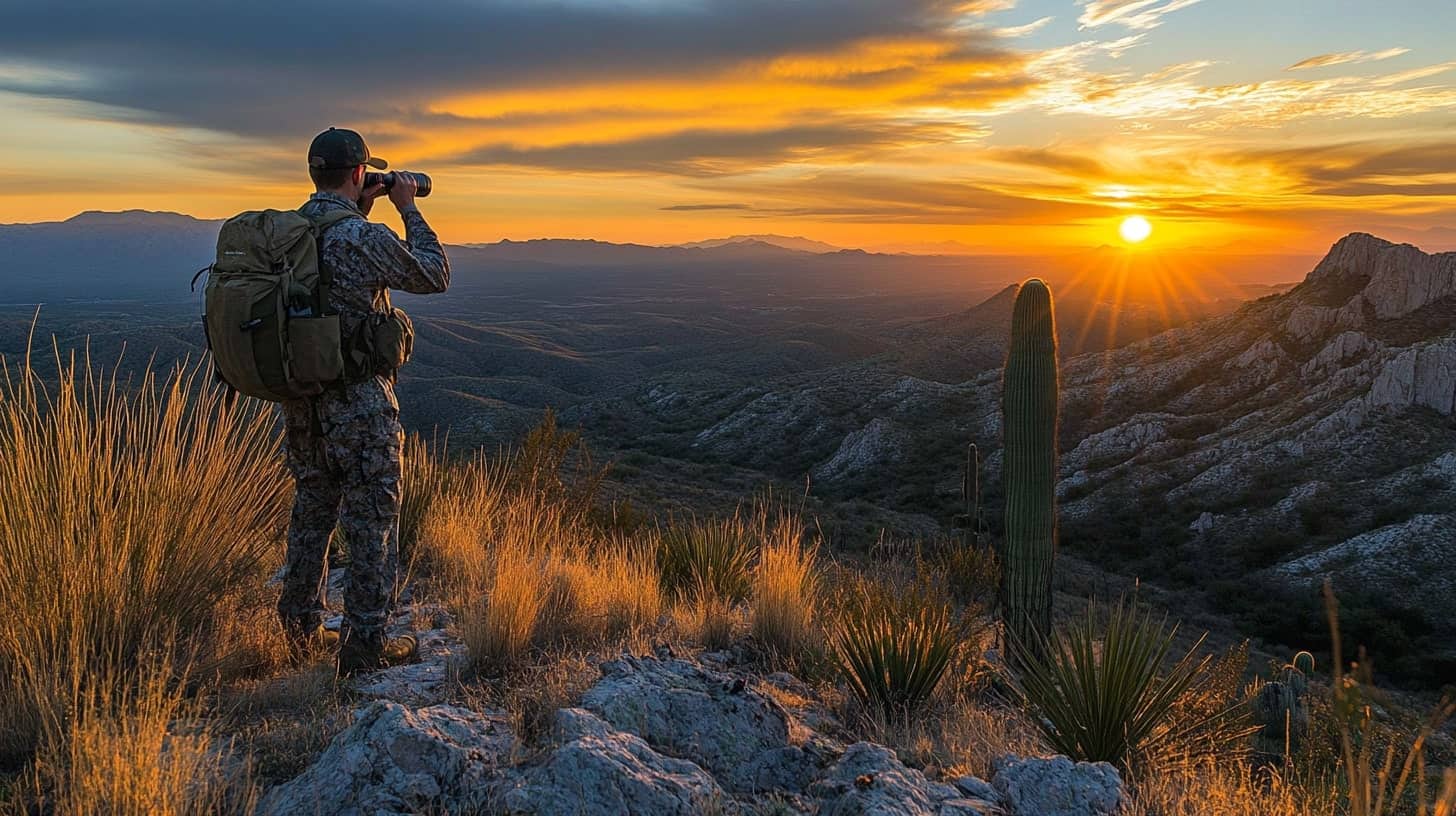Whether you’re a seasoned hunter or a newcomer to the great outdoors, understanding ballistics can transform your hunting experience from frustrating to fulfilling. Imagine the satisfaction of hitting your target with precision every single time. This isn’t just a fantasy; it’s achievable with the right knowledge and practice. In this post, we’ll explore how ballistics—specifically bullet trajectory—affect your accuracy on the hunt. From choosing the right ammunition to mastering the science behind a shot, you’ll gain insights that every hunter should know.
Introduction to Ballistics Defining the Basics
Ballistics might sound like a complicated science reserved for experts, but it’s more accessible than you think. At its core, ballistics is the study of how projectiles move through the air. For hunters, understanding this movement is crucial for accuracy. When you pull the trigger, several forces come into play, determining whether you hit or miss your target.
In this guide, we’ll break down the complexities of ballistics into easy-to-understand concepts. You’ll learn about bullet paths, the impact of environmental conditions, and how these factors influence your shot. With this knowledge, you’ll be equipped to make smarter decisions before you even enter the field.
By the end of this blog, you’ll not only understand what ballistics is but also how it directly impacts your hunting success. Each section will build your knowledge, preparing you to apply these principles in real-world scenarios. Whether you’re new to shooting or looking to refine your skills, this post is for you.
The Science Behind Accuracy Understanding Bullet Trajectory
The path your bullet takes from the muzzle to the target is known as its trajectory. It’s not a straight line, as some might assume; instead, it follows a curved path due to gravity and air resistance. Understanding this curve is essential for accurate shooting, especially over varying distances.
When you fire a bullet, gravity begins to pull it downward immediately. The longer the distance, the more pronounced this drop becomes. By knowing the trajectory of your bullet, you can predict where it will land and adjust your aim accordingly. This knowledge is vital in hunting, where targets are often at long ranges and can move unpredictably.
However, bullet trajectory isn’t just about the drop. Wind and other environmental factors can also alter its path. Hunters must consider these variables to achieve consistent accuracy. By mastering bullet trajectory, you’ll enhance your ability to make precise, effective shots, increasing your success in the field.
Factors Affecting Shot Placement Weather, Distance, and Terrain
Accuracy in hunting is not just about pulling the trigger at the right moment. Several factors influence where your bullet lands, including weather conditions, distance to the target, and the terrain you’re navigating. Each of these elements can introduce variables that make shooting a challenge.
Weather plays a significant role in shot placement. Wind can push a bullet off course, while rain or humidity might alter its speed and trajectory. Understanding how to compensate for these conditions is crucial for any hunter aiming for precision.
Distance is another critical factor. The further away your target, the more complex the shot. More distance means more time for external forces to act on your bullet, so adjusting your aim becomes necessary. Additionally, the terrain can affect your posture and stability, impacting your shot’s accuracy. Practice and experience in different environments will help you adapt to these challenges.
Understanding how these factors interplay provides a strategic advantage. Preparation and practice can turn these potential obstacles into manageable components of your hunting strategy, ensuring each shot is as accurate as possible.
Choosing the Right Ammunition for Different Hunts
Selecting the right ammunition is as crucial as understanding the science behind shooting. Different hunts require different types of bullets, each designed for specific purposes and performance characteristics. Using the right ammo ensures that your shot is effective and ethical, minimizing suffering for the animal.
For small game hunting, lighter, faster bullets are typically preferred. These projectiles offer precision without unnecessary damage. Big game hunts, on the other hand, often require heavier, larger caliber bullets to ensure a quick and humane kill. The choice of ammo depends not only on the size of the game but also on the typical shooting range and environmental conditions.
Remember, the ammunition you choose can drastically impact your performance. Testing various types beforehand will provide insights into how they behave with your firearm, under different conditions. This knowledge allows you to select the best option for each hunt, maximizing your chances of success.
Tips for Improving Your Shooting Skills
Even with the best equipment and understanding of ballistics, practice remains key to improving your shooting accuracy. Developing and honing your skills ensures that you’re always ready for whatever the hunt throws your way. Here are some tips to elevate your shooting game.
First, consistency is critical. Regular practice ingrains muscle memory, helping you maintain steady aim and control under pressure. Set up a routine that includes various shooting positions and distances to simulate real hunting scenarios.
Focus on your breathing and trigger control. Proper breathing reduces tension, while smooth, controlled trigger pulls prevent jerking and improve accuracy. Remember, each shot should be deliberate and calculated. Lastly, don’t overlook the importance of feedback. Analyze each shot to understand what went right and what needs improvement. Engage with fellow hunters to share techniques and insights that can further refine your skills.
Importance of Proper Maintenance for Firearms
A well-maintained firearm is crucial for consistent accuracy and safety. Regular cleaning and maintenance ensure that your weapon functions correctly, shot after shot. Neglecting this aspect can lead to malfunctions, misfires, and decreased performance.
Begin by developing a cleaning routine tailored to your firearm’s usage. After each hunt or shooting session, clean your firearm to remove residue and prevent corrosion. Use the appropriate tools and cleaning agents to preserve its condition.
Besides cleaning, inspect your firearm for any signs of wear or damage. Pay attention to the barrel, firing pin, and magazine. Addressing issues early prevents complications in the field. By prioritizing maintenance, you’ll extend the life of your firearm and consistently enjoy optimal performance.
Safety First Best Practices for Responsible Hunting
Hunting is a rewarding pursuit, but it comes with inherent risks. Prioritizing safety not only protects you but also those around you. Following best practices ensures a responsible and enjoyable hunting experience.
Start with hunter education courses. Understanding the rules and regulations of hunting, along with firearm safety, is fundamental. Always treat every gun as if it’s loaded, and never point it at something you don’t intend to shoot.
Communication is vital, especially when hunting with a group. Make sure everyone is aware of each other’s locations and plans. Wear appropriate clothing to improve visibility and reduce the risk of accidents. By adopting a safety-first mindset, you contribute to a culture of responsible hunting that benefits everyone involved.
Conclusion
Ballistics is more than just a science—it’s a crucial aspect of successful, responsible hunting. By understanding bullet trajectory, selecting the right ammunition, and honing your shooting skills, you can enhance your accuracy and effectiveness on the hunt. Remember, preparation, practice, and precision are your allies in the field.
As you apply these insights, consider ways to deepen your knowledge and skills further. Engage with fellow enthusiasts, participate in workshops, and stay informed about advancements in hunting technology. The more you learn, the more rewarding your hunting experiences will be. Happy hunting!




